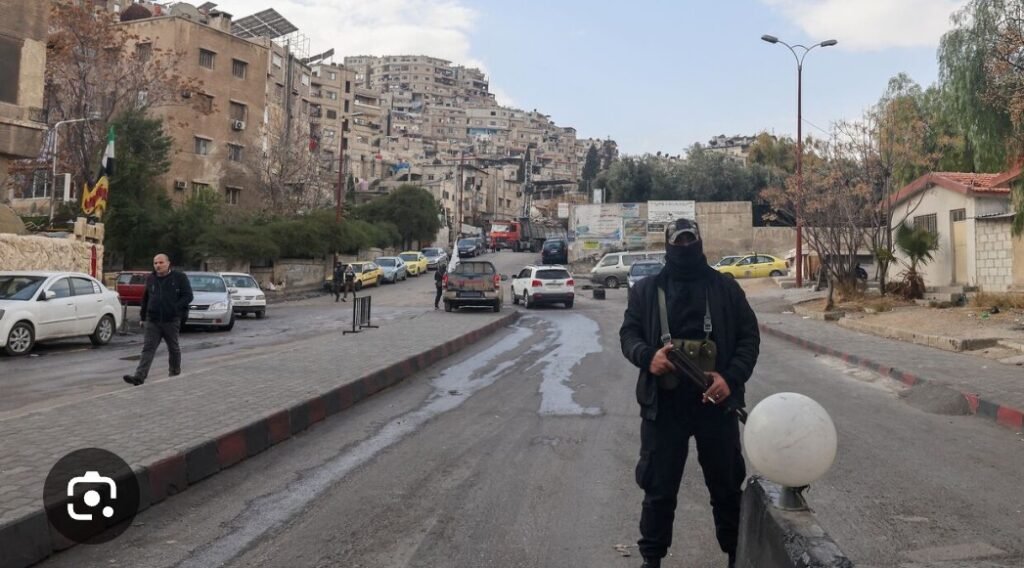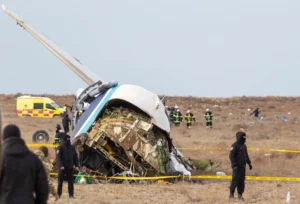Tensions escalate in Damascus as Syrian insurgents tighten security

Tensions in Syria’s capital, Damascus, have surged following violent clashes between Islamist insurgents and supporters of the ousted Bashar Assad regime. The fighting, which began on Wednesday, has led to the deaths of several fighters and injured others, exacerbating an already volatile situation in the region.
It was reported that on Thursday December 26, 2024, Syrian insurgents, led by Islamist factions, intensified security measures following violent clashes between their forces and supporters of the ousted Assad regime.
According to the information gathered by CABS World News correspondent, convoys of armed insurgents were deployed at key entrances to the capital, marking a sharp increase in military presence amid rising unrest.
The clashes have resulted in the deaths of six Islamic fighters while several others were wounded.
The confrontation occurred as insurgents from Hayat Tahrir al-Sham (HTS), the group responsible for toppling Bashar Assad earlier this month, attempted to arrest a former government official. This official is accused of issuing execution orders and committing arbitrary rulings against thousands of prisoners during Assad’s regime.
The conflict escalated as Alawite protesters clashed with Sunni counter-protesters in Damascus, with gunfire reported during the skirmishes. However, the Associated Press was unable to confirm further details about the shooting.
Protests also spread along Syria’s coastline and to cities like Homs and the Hama countryside, with the Alawite community expressing anger over the current political shift.
Despite the violence, Syria’s transition to a new political landscape has been described as “surprisingly smooth.” This transition comes just weeks after President Bashar Assad fled the country, with his government and military forces disbanding.
While the insurgents have pledged to establish a pluralist political system, the details of their governance remain unclear, raising concerns about the future of power-sharing in the wake of Assad’s fall. The insurgent factions, rooted in fundamentalist Islamist ideology, have not yet clarified how they intend to include other political groups or manage the country’s fractured society.
File source: Google



